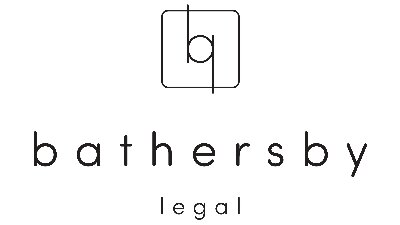QCAT process and procedure in building disputes
QCAT is an independent tribunal that is part of the justice services division of the Department of Justice and Attorney General.
QCAT aims to actively resolve the disputes that come before it in a way that is “fair, just, accessible, quick and inexpensive”. Accordingly, the process for making an Application and the way in which matters are conducted, is generally more streamlined than disputes resolved through the traditional Court system.
Can QCAT deal with my building dispute? What other types of matters does it deal with?
Building disputes (both commercial and domestic) are a significant portion of the matters dealt with by QCAT.
As well as dealing with building disputes, QCAT has jurisdiction over a wide range of matters including adult guardianship, anti-discrimination claims and matters involving children and young people. QCAT also deals consumer and debt disputes, minor civil matters, residential tenancy and retail shop lease disputes and tree disputes.
Do I have to do anything before I can make an Application in respect of a building dispute to QCAT?
Before making an Application in respect of a building dispute to QCAT, the parties must participate in a dispute resolution process with the Queensland Building and Construction Commission (QBCC). A letter from QBCC certifying the participation and advising of the outcome of that process must be provided at the time of commencing any QCAT Application.
Who can make a building complaint to QCAT?
Any consumer or building industry participant (including contractors and sub-contractors) can make a complaint to QCAT in respect of domestic or commercial building work.
The types of disputes QCAT would typically deal with include contract disputes, performance issue disputes and claims for negligence, nuisance and trespass.
Disputes relating to footings and general construction issues (including quality of work and the failure to meet contract standards) are all matters that QCAT routinely deals with.
What types of building disputes are dealt with by QCAT?
QCAT to deals with a range of building disputes relating to the demolition or construction or renovation and repair of buildings, electrical work, water supply, sewerage and drainage, site works (including the installation of swimming pools, driveways, retaining walls and landscaping), preparation of site plans and specifications and inspection of completed works.
QCAT’s routinely deals with disputes between a home owner and their contractor, disputes between two or more contractors and disputes between owners, contractors and architects, engineers, surveyors, quantity surveyors, suppliers of building materials and electricians or other tradespeople.
Review of disciplinary proceedings by QCAT
As well as hearing disputes, QCAT is empowered to review disciplinary decisions that have been made by QBCC against contractors in relation to licensing, disciplinary action, directions about work, insurance claims, bans for domestic building work and statutory insurance scheme decisions.
There are strict time limitations on decisions QCAT is able to review. If you think you wish to have a decision reviewed, it is always best to seek early legal advice to ensure you are not out of time.
How to make an Application to QCAT
Step 1 – Complete dispute resolution with QBCC and make an Application
Applications to QCAT are commenced by filing an Application using the specified QCAT form. The form you complete will depend on whether your dispute relates to a commercial building dispute or a domestic building dispute. Each Application must be accompanied by a letter from the QBCC confirming prior participation in their dispute resolution process.
If the other party to your dispute (the Respondent) fails to file a Response within 14 days of being served with your Application, you are able to apply for a Default Decision.
If your dispute relates to defective or incomplete work then an Alleged Defective Work/Incomplete Work Schedule will also need to be completed and lodged with your application form.
Step 2 – Pay the Application fee
Depending on the type of dispute, a fee may be payable to lodge your Application. These fees change from time to time so it is always important to check the current fee schedule before filing any Application.
Step 3 – QCAT reviews your Application
Once filed with QCAT, your Application will be reviewed and QCAT will contact you to advise of the next steps in the process.
In some building disputes, QCAT may require expert witnesses to give evidence about particular aspects of the dispute. This can include individual expert evidence as well as expert conclaves and joint reports.
Building disputes can be stressful situations for all parties involved. Whilst QCAT aims to provide access to a means of resolving these disputes, it can still be a daunting process, especially if expert evidence is required.
We are always happy to discuss these matters with you and it is always better to seek advice sooner rather than later, particularly if there are time limits that apply.
